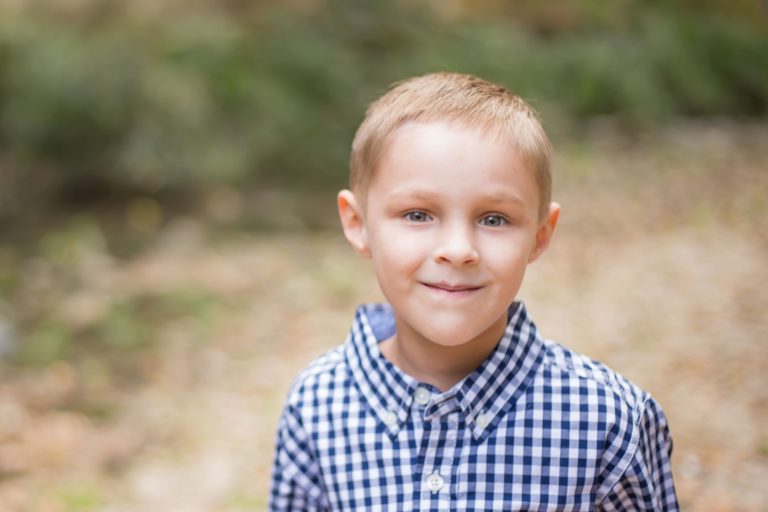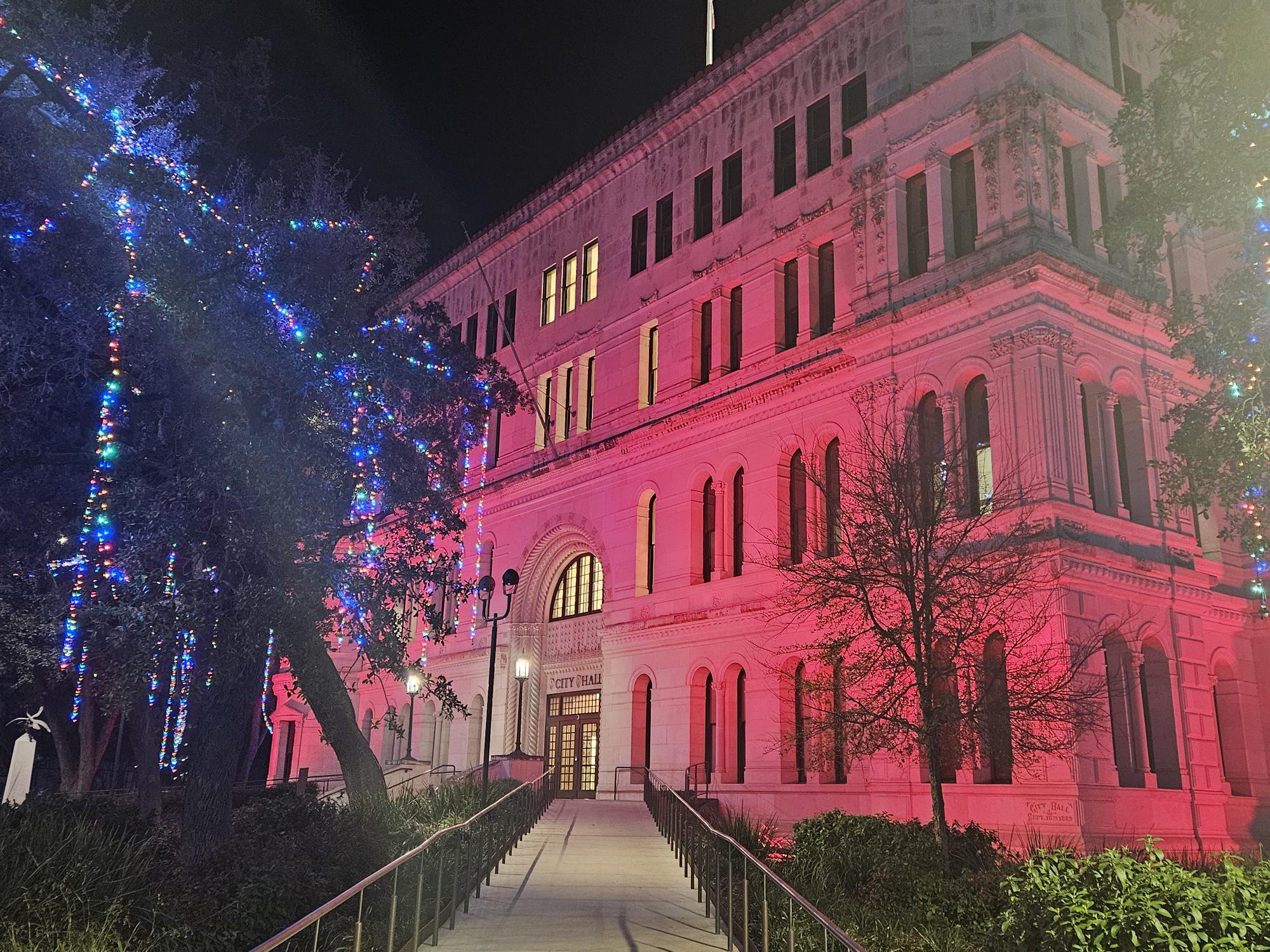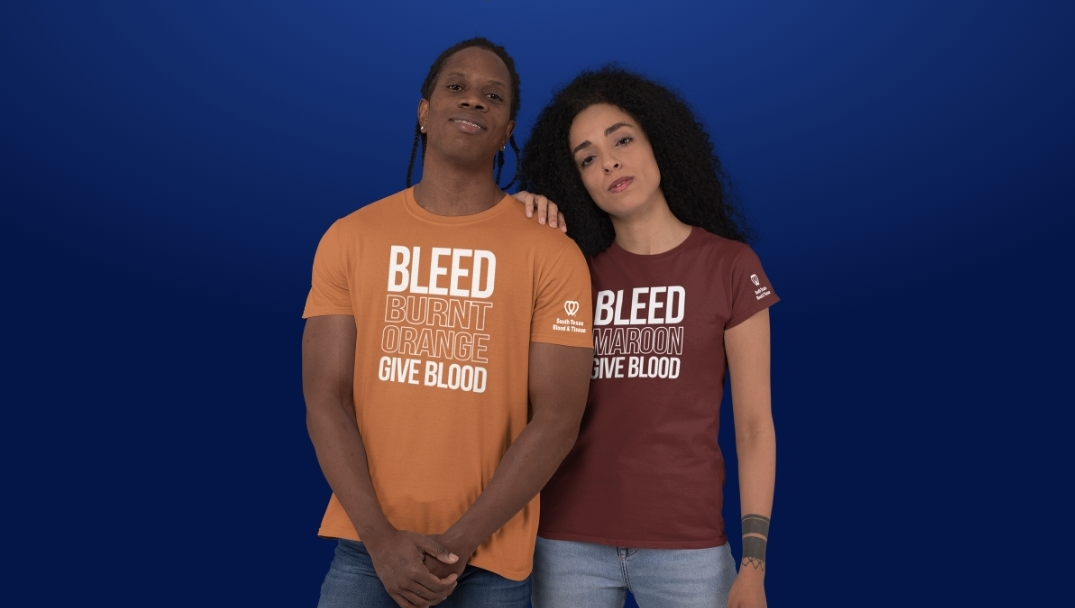Blood is so important to Ryder and his family as he awaits stem cell transplant
As a toddler, Ryder was much smaller than most children his age.
Though he loved to play with his cousins, go swimming and do everything other kids did, Ryder’s slow growth prompted his parents to take him to an endocrinologist.
When nothing was diagnosed, the family was referred to a hematologist, who performed a bone marrow biopsy.
In 2019, doctors diagnosed Ryder with a rare genetic blood disorder called Fanconi anemia. The disorder prevents his bone marrow from making enough blood cells for his body to function properly, according to his mom, Andrea.
“I think right now if you look at him, you wouldn’t think anything was wrong. He’s still very energetic, very loving, still the same,” she said of her son, who now is 7.
However, Ryder bruises easily. He is underweight for his age and often has trouble catching his breath. After he suffered from COVID-19 during the summer, Ryder’s blood cell counts have remained extremely low.
The only known cure for Fanconi anemia is a stem cell or bone marrow transplant from a matching donor.
“Unlike others like me, or whoever had COVID-19, we can come back from that and keep making bone marrow and reproduce the cells. But his body can’t,” Andrea said. “He’s at the point if he gets sick again, he might not be able to come back from that, which is why the transplant is so crucial.”
In the meantime, Ryder has needed a platelet transfusion to treat the disease and is homeschooled to reduce his chances of catching any illness.
“At any time, his levels could drop again, and he may need another transfusion,” Andrea said.
She is working to get Ryder in a clinical trial for a stem cell transplant, and she hopes her own stem cells will be enough for the scientists to work with to get Ryder the transplant.
That’s why signing up on the marrow registry and regularly donating blood are so important to Andrea and her family.
“For us, doing these blood drives, even if it doesn’t go to him, it’s good karma and it will come back, and he will get it when he needs it,” she said.




